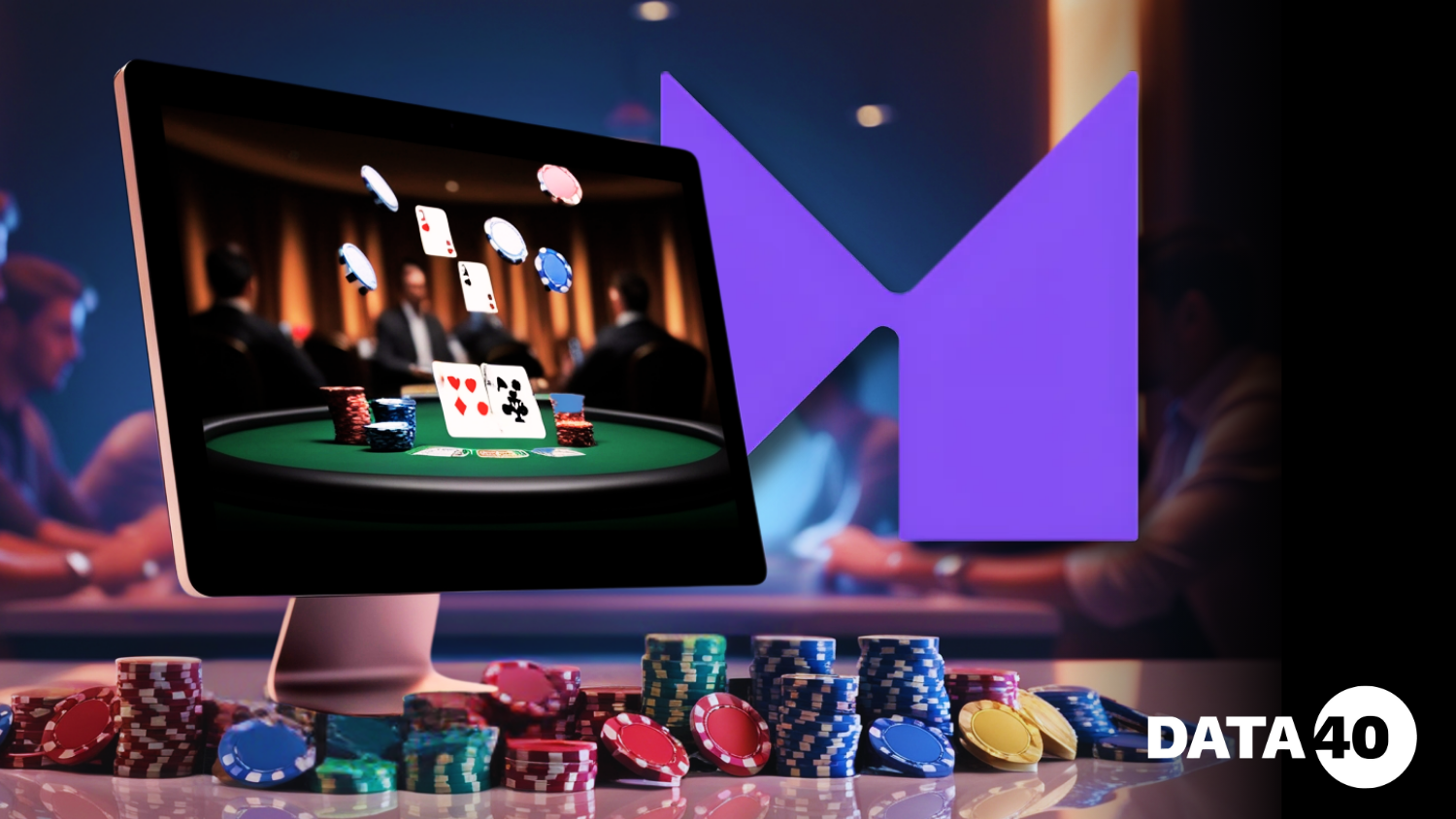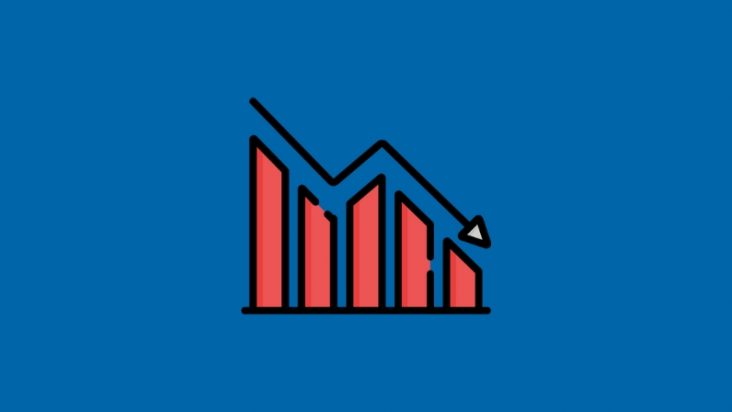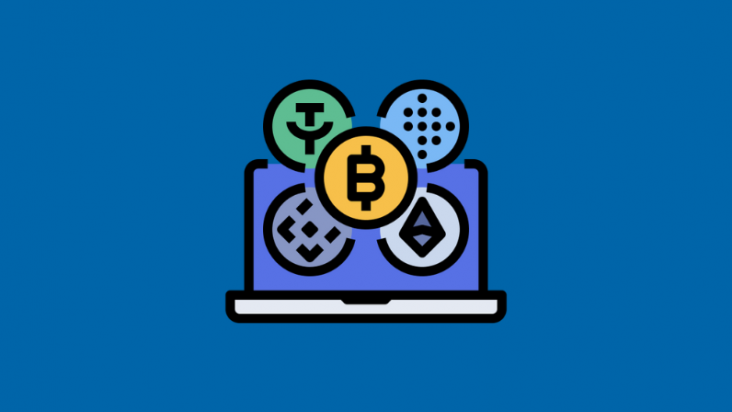

Online gambling has grown rapidly, offering a variety of gaming options to players worldwide. Licensing ensures that operators follow strict regulations, maintaining fairness, security, and transparency. Regulatory bodies like the Malta Gaming Authority (MGA) play a crucial role in protecting players from fraud and ensuring fair play.
The Malta Gaming Authority (MGA), established in 2001, is a leading regulatory body for online gambling. It oversees operators based in Malta and those targeting Maltese players, ensuring compliance with high standards of player protection and fairness. An MGA license is globally recognized as a mark of trust, guaranteeing secure and transparent gaming environments for players.
What is the Malta Gaming Authority (MGA)?
The MGA’s primary mission is to ensure that gaming in Malta is fair, secure, and transparent. It aims to protect players, prevent criminal activity such as money laundering, and maintain the integrity of the gaming industry.
The MGA regulates all forms of gaming within Malta’s borders, including land-based casinos, sports betting, and online gambling. It also licenses and oversees operators targeting international markets, provided they meet MGA’s stringent standards.
The MGA’s Role as a Regulator of Online Gambling
- Licensing: The MGA issues licenses to online casinos, sports betting sites, and other gaming platforms, ensuring they operate legally and meet the necessary standards for player protection, fairness, and transparency.
- Compliance and Auditing: It enforces strict compliance with regulations through regular audits, inspections, and monitoring of licensed operators.
- International Influence: While the MGA is based in Malta, its licensing authority is recognized globally. Many international operators seek MGA licensing due to its reputation and the credibility it provides in attracting players.
- Consumer Protection: The MGA ensures that online casinos comply with rules related to responsible gaming, anti-money laundering, and the protection of player funds, contributing to a secure and trustworthy gaming environment.
Why is the MGA License Important for Online Casinos?
Legitimacy and Trustworthiness
- An MGA license guarantees that casinos are legally operating within a well-regulated framework. It ensures compliance with Maltese laws, providing a secure environment for both players and operators.
- The licensing process involves thorough background checks and audits to verify that operators meet the required standards for fairness, security, and financial integrity.
Global Recognition
- The MGA is internationally recognized as a reputable and trustworthy regulator in the online gambling industry.
- Players and other stakeholders trust MGA-licensed casinos, knowing that they operate under strict regulations aimed at ensuring fair play and protecting players’ rights.
- Many international regulatory bodies, such as those in the EU and UK, recognize the MGA’s standards, making it a benchmark for operators worldwide.
Market Access
- MGA-licensed casinos are authorized to operate in multiple jurisdictions, offering services to players in various countries with legal certainty.
- The license provides a competitive edge, allowing casinos to access regulated markets and attract international players who seek reliable, trustworthy platforms.
Compliance with Standards
- The MGA ensures that licensed casinos adhere to industry best practices and maintain high standards of operation, including:
- Fair gaming (through independent audits and RNG testing).
- Strong data security (encryption and anti-fraud measures).
- Player protection (KYC and responsible gambling protocols).
- The licensing process includes a thorough review of the operator’s financial stability, business practices, and technical infrastructure, ensuring compliance with regulatory standards.
How Does the MGA Protect Players?
Fair Gaming and Randomness
- The MGA ensures fair gaming by requiring casinos to use certified random number generators (RNGs) for their games.
- Independent testing agencies, such as eCOGRA, perform regular audits to verify that games are unbiased and outcomes are truly random.
- This certification process guarantees that players have a fair chance of winning and that the games are not rigged.
Secure Financial Transactions
- MGA-licensed casinos must implement robust security measures to protect players’ financial data, including SSL encryption and secure payment gateways.
- Casinos are also required to comply with anti-money laundering (AML) and know-your-customer (KYC) regulations to verify player identities and prevent illegal financial activities.
- These protocols ensure that players’ funds and personal information are protected from fraud and unauthorized access.
Player Fund Protection
- The MGA mandates that player funds be held in separate accounts from the casino’s operational funds, ensuring that players’ money is protected in the event of a casino’s financial failure.
- This separation of funds guarantees that players can access their money even if the casino faces bankruptcy or other financial issues.
Player Support and Dispute Resolution
- The MGA provides a clear framework for dispute resolution, requiring licensed casinos to establish accessible and efficient complaint handling processes.
- If players are unable to resolve issues directly with the casino, the MGA offers an alternative dispute resolution (ADR) service, where an independent body reviews and mediates disputes.
- This ensures that players have a reliable avenue for addressing grievances and receiving fair treatment.
Responsible Gambling
- The MGA enforces responsible gambling policies, requiring licensed casinos to offer tools for player protection, such as self-exclusion options and deposit limits.
- Casinos must also provide links to support organizations, such as GamCare and Gamblers Anonymous, for players seeking help with gambling addiction.
- These measures help promote a safe gambling environment and reduce the risk of problem gambling.
The Consequences for Non-Compliance
If an online casino violates MGA regulations, it may face sanctions and penalties, such as fines, suspension, or required corrective actions. These penalties are typically for issues like failing to meet responsible gambling requirements or mishandling player funds.
A more severe consequence is the revocation of the license, meaning the casino must cease operations under MGA jurisdiction. This ensures that only compliant casinos operate, protecting players from rogue operators.
Non-compliance also leads to reputation damage. News of violations can undermine player trust and make it difficult for the casino to attract new customers or secure industry partnerships, often causing long-term harm to its business.
Conclusion
The Malta Gaming Authority (MGA) license plays a crucial role in ensuring that online casinos operate within a legal, secure, and fair framework. It guarantees that operators comply with strict regulations regarding player protection, fair gaming, and financial transparency. By providing a trusted and globally recognized certification, the MGA ensures that players can enjoy a safe gambling environment, free from fraud or unfair practices.
The MGA’s commitment to maintaining high standards continues to protect players through rigorous oversight, regular audits, and strong consumer protection measures. With its focus on responsible gambling and player fund security, the MGA helps build and maintain trust in the online gambling industry, making it a key regulator for operators and players alike.If you are interested in learning more about the Malta Gaming Authority, you can explore the Malta Gaming Authority, Online Gambling License, August 2024 report for further insights.








